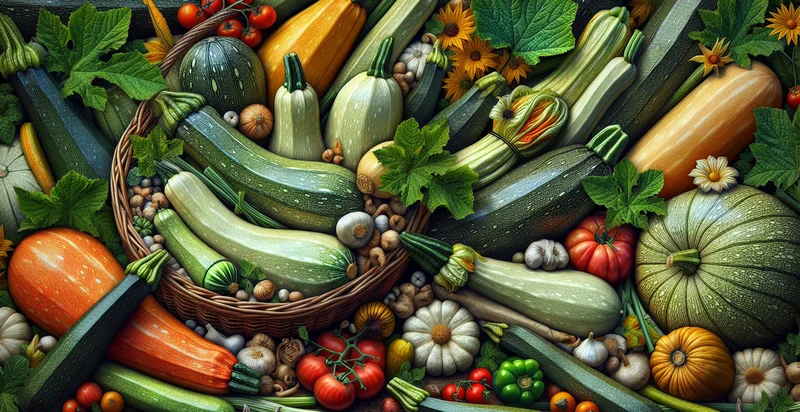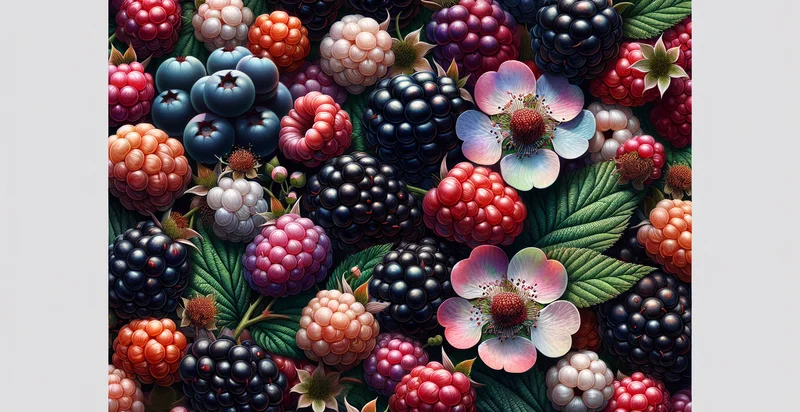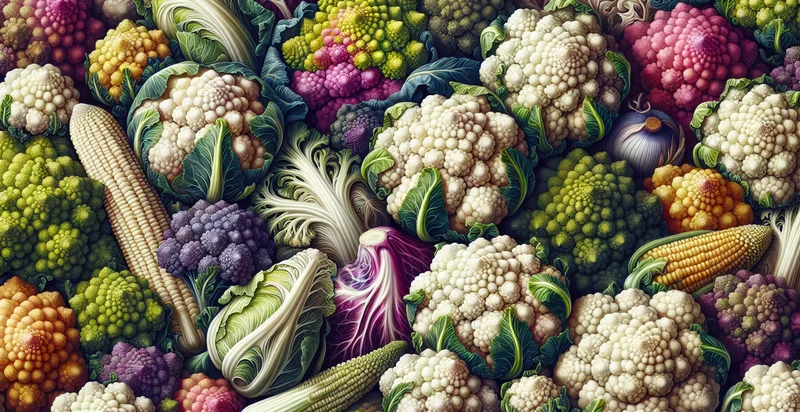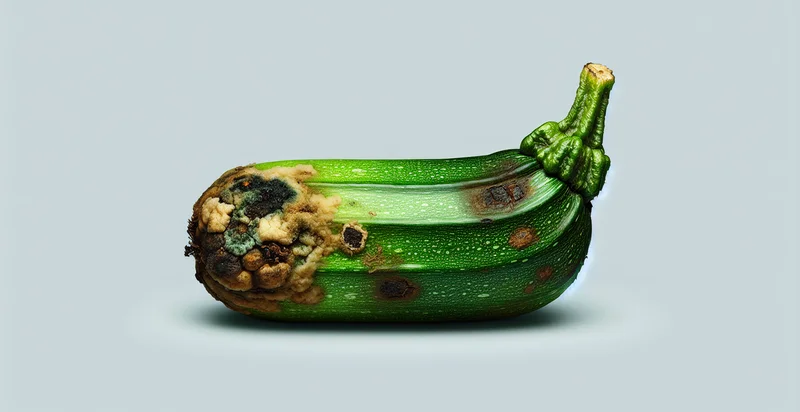Identify zucchini species
using AI
Below is a free classifier to identify zucchini species. Just upload your image, and our AI will predict what species of zucchini it is - in just seconds.

Contact us for API access
Or, use Nyckel to build highly-accurate custom classifiers in just minutes. No PhD required.
Get started
import nyckel
credentials = nyckel.Credentials("YOUR_CLIENT_ID", "YOUR_CLIENT_SECRET")
nyckel.invoke("zucchini-species", "your_image_url", credentials)
fetch('https://www.nyckel.com/v1/functions/zucchini-species/invoke', {
method: 'POST',
headers: {
'Authorization': 'Bearer ' + 'YOUR_BEARER_TOKEN',
'Content-Type': 'application/json',
},
body: JSON.stringify(
{"data": "your_image_url"}
)
})
.then(response => response.json())
.then(data => console.log(data));
curl -X POST \
-H "Content-Type: application/json" \
-H "Authorization: Bearer YOUR_BEARER_TOKEN" \
-d '{"data": "your_image_url"}' \
https://www.nyckel.com/v1/functions/zucchini-species/invoke
How this classifier works
To start, upload your image. Our AI tool will then predict what species of zucchini it is.
This pretrained image model uses a Nyckel-created dataset and has 15 labels, including Baby Zucchini, Black Zucchini, Cocozelle Zucchini, Costata Romanescas, Eight Ball Zucchini, Globe Zucchini, Green Zucchini, Lemon Zucchini, Pattypan Zucchini and Round Zucchini.
We'll also show a confidence score (the higher the number, the more confident the AI model is around what species of zucchini it is).
Whether you're just curious or building zucchini species detection into your application, we hope our classifier proves helpful.
Related Classifiers
Need to identify zucchini species at scale?
Get API or Zapier access to this classifier for free. It's perfect for:
- Agricultural Research: Researchers can use the zucchini species identifier to study various zucchini cultivars, enhancing agricultural practices and crop yields. By accurately classifying species, they can identify traits that may lead to better resistance to diseases or specific adaptations to environmental conditions.
- Food Industry Quality Control: Food manufacturers can implement the zucchini identifier in their quality control processes to ensure that only the desired species make it into their products. This will help maintain product consistency, thereby enhancing customer satisfaction and trust in the brand.
- Garden Centers and Nurseries: Garden centers can utilize this classification function for inventory management and customer assistance. It allows staff to recommend the appropriate zucchini species for specific gardening needs, promoting better sales and improved customer experience.
- Health and Nutrition Apps: Health-focused applications can integrate the zucchini species identifier to provide users with detailed nutritional information based on the specific species they consume. This enables tailored dietary recommendations that could lead to improved health outcomes based on diverse dietary needs.
- Culinary Education: Cooking schools can utilize the zucchini identifier in their curriculum to teach students about different zucchini species and their culinary applications. This knowledge can enhance students’ cooking skills and their ability to innovate with familiar ingredients.
- Sustainable Farming Practices: Sustainable farmers can leverage the zucchini species identifier to select crop variants that are better for the environment, such as those requiring less water or fewer pesticides. This encourages sustainable farming practices, helping promote ecological balance.
- E-commerce Platforms: Online grocery and produce marketplaces can implement this function to classify and showcase various zucchini species for customers shopping for fresh produce. This enhances search functionality and product categorization, leading to a better shopping experience and increased sales.


